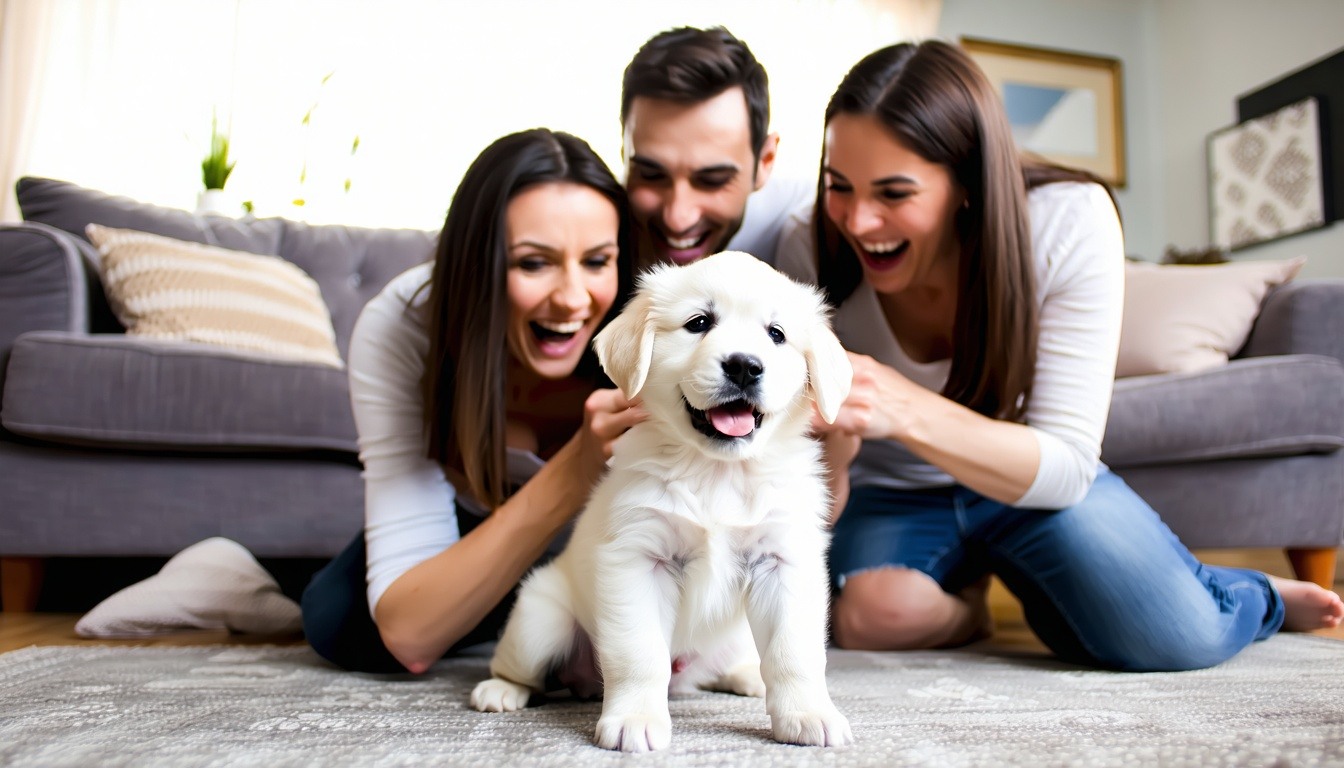Unlock your creative potential by diving into these exciting fashion blog niches that can set you...
Essential Puppy Training Tips for New Dog Owners

Welcoming a new puppy into your home is an exciting journey filled with joy, challenges, and endless learning opportunities. This guide will help new dog owners navigate the essentials of puppy training to ensure a well-behaved and happy furry friend.
Creating a Safe and Comfortable Environment for Your Puppy
Bringing a new puppy home requires creating a space that is both safe and comfortable. Begin by puppy-proofing your home to remove any hazards such as electrical cords, small objects, and toxic plants. Ensure that your puppy has access to a cozy crate or a designated sleeping area, which will serve as their personal sanctuary.
Additionally, provide your puppy with plenty of toys and bedding. This not only helps them feel secure but also keeps them engaged and reduces the likelihood of destructive behavior. Establishing a routine will also aid in making your puppy feel settled and secure in their new environment.
The Importance of Consistency in Training
Consistency is key when it comes to training your puppy. Dogs thrive on routine, and consistent training helps reinforce good behavior and eliminate confusion. Make sure all family members are on the same page regarding the rules and commands used.
Use positive reinforcement techniques such as treats, praise, and playtime to reward your puppy for good behavior. Consistently applying these techniques will help your puppy understand what is expected of them and build a strong foundation for lifelong good behavior.
Socializing Your Puppy with People and Other Dogs
Socialization is a critical aspect of puppy training. Exposing your puppy to a variety of people, environments, and other dogs helps them develop into a well-rounded and confident adult dog. Start by introducing your puppy to new experiences gradually and in a controlled manner.
Organize playdates with other puppies and friendly adult dogs, and take your puppy to different places such as parks, pet-friendly stores, and busy streets. Encourage positive interactions and always supervise your puppy during these socialization sessions to ensure they are comfortable and safe.
Basic Commands Every Puppy Should Learn
Teaching your puppy basic commands is essential for their safety and your peace of mind. Start with simple commands such as 'sit', 'stay', 'come', and 'down'. Use positive reinforcement and patience to help your puppy understand and obey these commands.
Practice these commands regularly in different environments to ensure your puppy responds reliably. Basic obedience training not only improves communication between you and your puppy but also strengthens your bond.
Handling Common Puppy Behaviors and Challenges
Puppies come with their own set of challenges, including chewing, nipping, barking, and house training. Address these behaviors early on to prevent them from becoming problematic. Provide appropriate chew toys to deter your puppy from chewing on furniture, and use gentle redirection to curb nipping.
For house training, establish a consistent routine and take your puppy outside frequently, especially after meals and naps. Reward them for eliminating outside. If barking becomes an issue, identify the cause and address it accordingly. Patience and persistence are crucial in overcoming these common puppy behaviors.